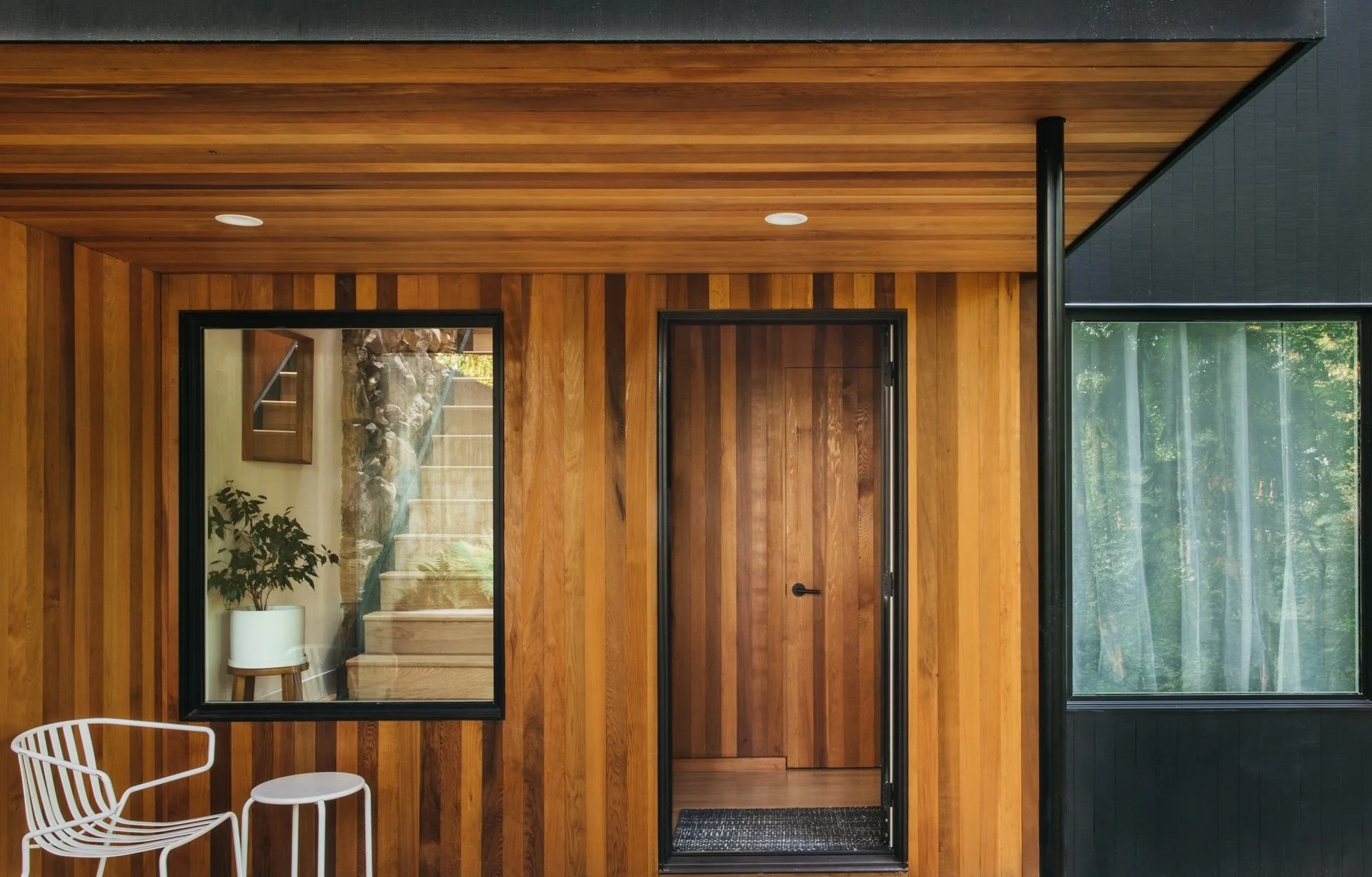
Home Buyin FAQ’s
Where do I start if I want to buy a home?
Start by talking with a lender to see what you qualify for, then connect with a Realtor (like me!) to guide you through the process.
How much do I need for a down payment?
It depends! While 20% is the traditional number, many loans allow 3–5% down, and some first-time buyer programs can help too.
What’s the difference between pre-qualification and pre-approval?
Pre-qualification is an estimate, while pre-approval means a lender has reviewed your info and you’re ready to shop seriously.
How long does it take to buy a house?
On average, once you’re under contract, it takes about 30–45 days to close. Finding “the one” can be quicker or take a little longer.
Do I have to pay my Realtor as a buyer?
In most cases, the Buyer’s agents are paid by the seller. This is negotiated with the offer you make on the house, and if the Seller does not agree to pay the fee, then the Buyer is on the hook to cover it.
What are closing costs and how much are they?
Closing costs are fees for things like the loan, title, and escrow. They usually run 2–5% of the purchase price.
What should I look for when touring homes?
Big-ticket items: roof, foundation, windows, and systems. Also think about lifestyle fit — neighborhood, commute, natural light, yard space, etc.
Do I really need a home inspection?
Yes — it’s your best chance to learn about a home’s condition before committing, and it can save you from big surprises.
What happens if there are multiple offers on the same home?
That’s called a bidding war. We’ll strategize together to make your offer stand out without overextending your budget.
How do I know if it’s the right time to buy?
It’s less about “timing the market” and more about whether the time is right for you. If you’re financially ready and want to plant roots, it might be the time.
How competitive is the Portland housing market?
It depends on the neighborhood and price point. Some areas move fast with multiple offers, while others give buyers more room to negotiate.
Are there specific Portland neighborhoods that are more affordable?
Yes — areas like Lents, Montavilla, or parts of North Portland often offer better value compared to hot spots like Alberta Arts or the West Hills.
Is it better to buy in Portland or across the river in SW Washington?
Both have perks. Oregon has no sales tax, while Washington has no state income tax. Commute, schools, and lifestyle often guide the choice.
What should I know about older Portland homes?
Many Portland homes have charm — and quirks. Be ready for things like oil tanks, knob-and-tube wiring, or unreinforced foundations. Inspections are key.
Are ADUs (Accessory Dwelling Units) common in Portland?
Yes — Portland is one of the most ADU-friendly cities in the country. They can be a great investment for rental income or multigenerational living.
What makes Portland’s housing market unique?
Our mix of neighborhoods, urban growth boundary, and quirky older homes means the market has its own rhythms. Local knowledge makes all the difference.
How much earnest money do I need in Portland?
Typically 1–3% of the purchase price. This shows sellers you’re serious and gets credited toward your down payment at closing.
Should I worry about flood zones in Portland?
Some neighborhoods, especially near Johnson Creek or the Columbia Slough, may require flood insurance. I’ll help you check this early.

